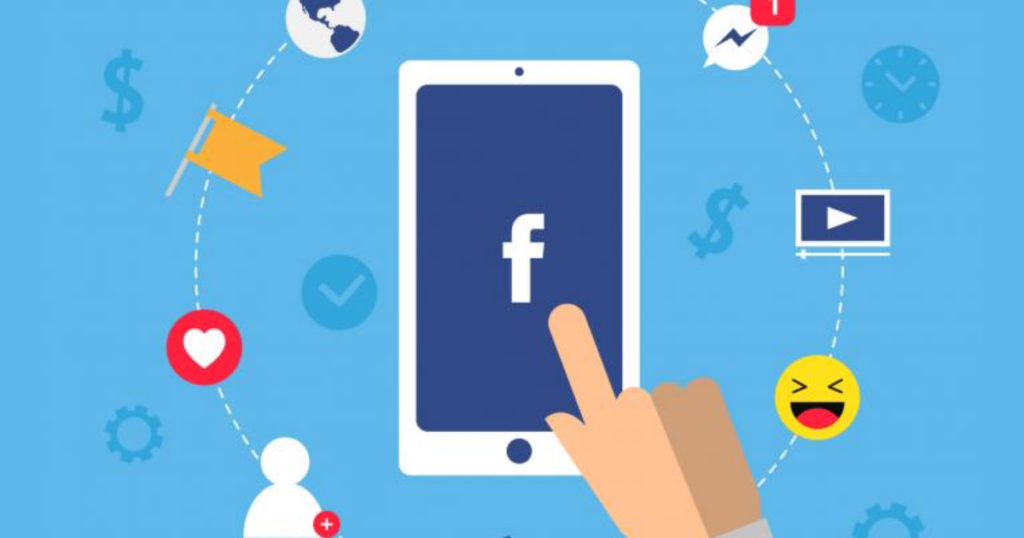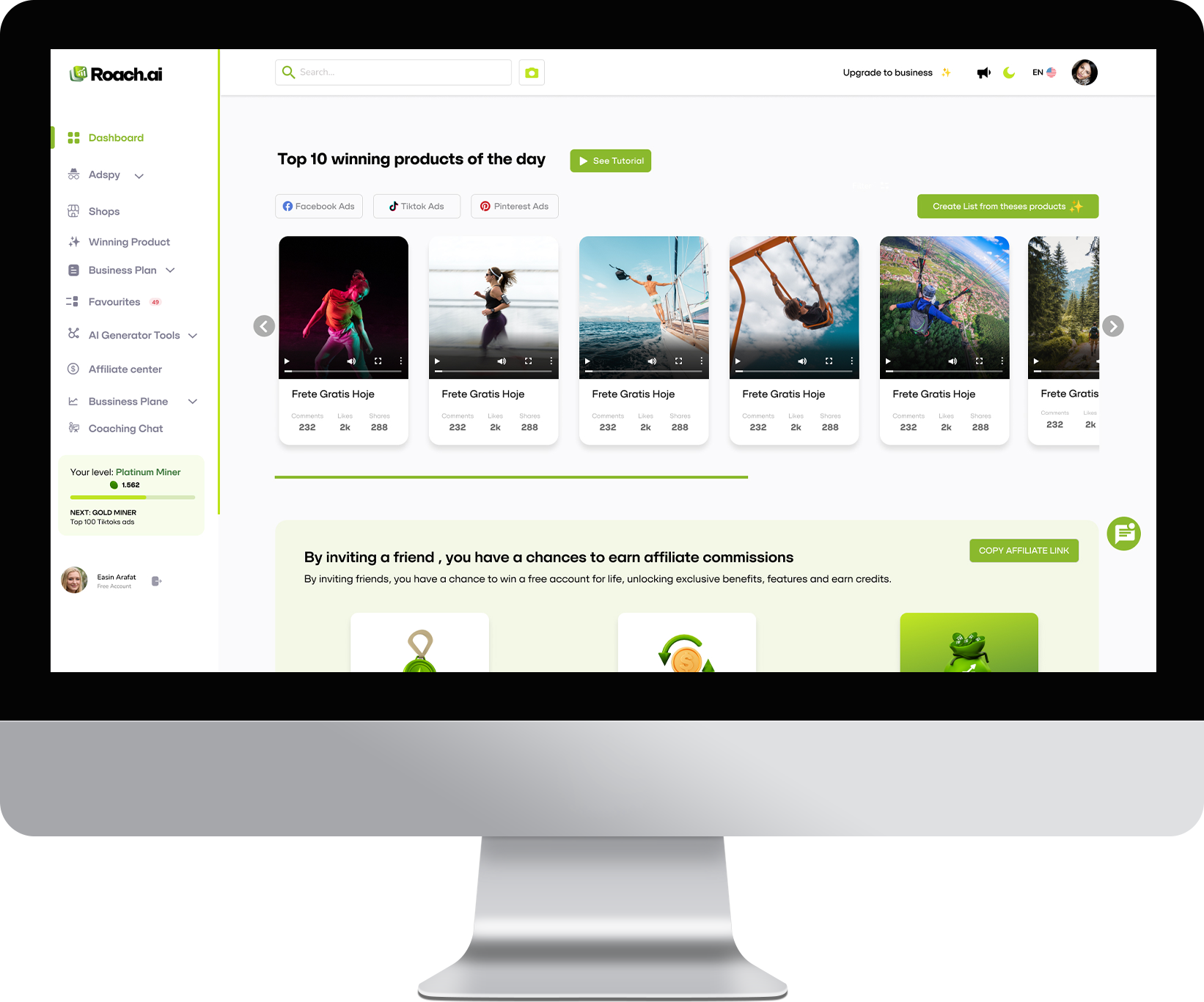Let me start with a bold statement: Facebook marketing is not just relevant in 2023; it’s absolutely crucial for any online entrepreneur looking to expand their brand’s reach and boost sales. With a whopping 2.93 billion daily active users, Facebook remains the dominant force in the world of social media. That’s a massive audience you can’t afford to ignore. In this comprehensive guide, we’ll dive into the ins and outs of Facebook marketing, exploring the various tactics, tools, and strategies that can propel your business to new heights.
The Facebook Marketing Revolution Continues
Facebook Marketing – two words that have shaped the digital marketing landscape for over a decade. As we usher in 2023, you might be wondering if Facebook marketing still holds its ground. The answer is a resounding YES. It’s not just about posting memes or sharing personal anecdotes anymore; it’s about fostering your business, connecting with your audience, and generating leads and sales. Facebook marketing, in 2023, is not only alive and well; it’s more potent than ever.
The Power of Facebook: A Brief Overview
Before we dive deep into the strategies and tactics, let’s briefly consider why Facebook remains the kingpin of social media:
- Staggering User Base: Facebook boasts a jaw-dropping 2.93 billion daily active users. That’s an audience you can’t find anywhere else. Your potential customers are on Facebook.
- Primary Hub for Brand Research: For 54.9% of Facebook users, the platform is where they conduct research on brands. If you want your business to be discovered, Facebook is the place to be.
- Local Business Exploration: A remarkable 66% of all Facebook users explore local business Pages at least once a week. If you’re a local business, Facebook is your gateway to the community.
Now that we’ve established the importance of Facebook, let’s delve into the nuts and bolts of Facebook marketing.
The Many Facets of Facebook Marketing
Facebook marketing is a multifaceted approach, employing various tools and strategies to enhance brand recognition, expand your online audience, capture potential leads, and boost sales. Here are some of the key components of Facebook marketing:
- Organic Content: Creating engaging text, photo, or video content to connect with your audience without the need for paid promotion.
- Paid Content: Boosting your posts or running paid text, photo, or video content to reach a wider audience.
- Facebook Stories and Reels: Utilizing Stories and Reels to share short-lived, engaging content.
- Facebook Ads: Running targeted advertising campaigns to reach specific demographics and interests.
- Facebook Groups: Building communities around your brand or niche to foster engagement and loyalty.
- Contests and Giveaways: Encouraging participation through contests and giveaways, driving engagement and brand awareness.
- Facebook Messenger Chatbots: Automating responses and interaction with users to provide quick and relevant information.
- Influencer Marketing Campaigns: Collaborating with influencers to reach their followers and build credibility.
- Facebook Shops: Creating an online store within Facebook to facilitate direct sales.
- Facebook Live Video Streams: Hosting live video sessions to engage with your audience in real-time.
Setting Up Your Facebook Business Page
To embark on your Facebook marketing journey, you need to establish a strong foundation. Your Facebook Business Page is the heart of your online presence. Here’s how to set it up:
1. Create a Facebook Page for Your Business:
- Ensure you have a personal Facebook profile.
- Click on the Pages icon on the left-hand side and select “Create New Page.”
- Add your Page name and select the appropriate business category.
- Fill in your business bio information and click Create.
- Add more details, such as contact information and location.
- Customize your profile and cover images.
- Invite your friends to follow your page.
- Click “Done” to publish your Page for the world to see.
2. Verify Your Facebook Page for Business:
- Getting a blue “verified badge” on your Facebook Business Page can boost trust and authority.
- Ensure your Page meets the verification requirements, such as authenticity, uniqueness, completeness, and notability.
- Apply for verification through the “Verify Your Page” form and await approval.
3. Start an Ad Account:
- If you plan to run paid campaigns, you need an ad account for your Facebook Page.
- Access Business Settings, choose Accounts, and click Ad Accounts.
- Create a new ad account and follow the prompts.
Types of Facebook Posts for Marketing
When it comes to content, Facebook offers various formats to experiment with. Here are some types of posts to consider:
- Text Posts: Short and snappy text updates that still attract high engagement.
- Photo Posts: Engaging visuals are the most popular and can be shared as individual images or in albums.
- Video Posts: With the rise of video content, this format is a must to capture your audience’s attention.
- Link Posts: Share links with auto-generated preview images to direct users to your website or blog.
- Fundraiser Posts: Promote charitable causes and engage with your audience on social issues.
- Messenger Prompt Posts: Encourage private conversations with a “Send message” action button.
- Live-stream Posts: Interact with your audience in real-time, making announcements or hosting Q&A sessions.
- Event Posts: Invite users to both physical and virtual events, boosting engagement and attendance.
- Stories Posts: Share temporary images and videos that disappear after 24 hours, engaging a younger and dynamic audience.
- Reels Posts: Create short-form videos under 30 seconds, infused with music and effects for a trendy appeal.
Creating a Facebook Marketing Strategy
Now that you’ve set up your Facebook Page and familiarized yourself with the various post types, it’s time to formulate a comprehensive marketing strategy. Here’s a step-by-step guide:
1. Define Your Audience:
- Identify your ideal customer demographics, including age, location, job, and pain points.
- Determine how and when they use Facebook.
2. Define Your Goals:
- Clearly outline your objectives, whether it’s to boost sales, build brand awareness, improve customer service, or drive traffic to a physical location.
3. Plan Your Content Strategy:
- Decide what you’ll post, when you’ll post it, and the nature of your content.
- Balance your content with the rule of thirds and the 80/20 rule.
4. Optimize Your Page:
- Ensure your Page has a profile photo, cover photo, call to action button, contact information, About section, pinned post, custom Page URL, and accurate business category.
5. Explore Facebook Tools:
- Utilize tools like Facebook Groups, Hootsuite Inbox, Facebook Marketplace, Meta Pixel, and Facebook advertising to maximize your reach and engagement.
6. Facebook Advertising:
- Decide when you’re ready to invest in Facebook ads, and choose between boosting posts or creating a full-fledged ad campaign.
- Ensure you have a complete Page, a decent number of Page Likes, Meta Pixel set up, sufficient Page posts, and an A/B testing strategy in place.
7. Monitor and Analyze:
- Keep an eye on your Page Insights to understand what’s working and what’s not.
- Use the data to fine-tune your strategy.
8. Engage With Your Audience:
- Always respond to comments and messages promptly.
- Encourage user-generated content and interaction within your community.
9. Run A/B Tests:
- Experiment with different post types, content formats, and ad campaigns.
- Analyze the results to optimize your future efforts.
10. Stay Updated:
- Facebook’s features and algorithms are constantly evolving. Stay updated with changes, trends, and new tools to keep your strategy fresh.
Measuring Success: Key Facebook Metrics to Watch
To gauge the effectiveness of your Facebook marketing strategy, you need to keep an eye on specific metrics. Here are the most crucial ones:
- Engagement Rate: The number of likes, shares, and comments on your posts.
- Reach and Impressions: How many users saw your posts (reach) and how often they saw them (impressions).
- Click-Through Rate (CTR): The percentage of people who clicked on a link you shared.
- Conversion Rate: The percentage of people who took the desired action (e.g., making a purchase) after interacting with your content.
- Return on Investment (ROI): The revenue generated compared to your ad spend.
- Cost per Click (CPC): The average amount you pay for each click on your ads.
- Page Likes and Follows: The growth in your Page’s audience.
- Post Performance: The effectiveness of individual posts and their engagement rates.
- Message Response Time: How quickly you respond to messages, which affects your Page’s reputation.
- Clicks to Website: How many users click to visit your website through your Facebook posts.
Facebook Marketing Best Practices
To make the most of your Facebook marketing efforts, follow these best practices:
- Consistency: Post regularly to maintain audience engagement.
- Quality Over Quantity: Focus on producing high-quality content that resonates with your audience rather than spamming them with low-value posts.
- Interactive Content: Use polls, surveys, questions, and contests to engage your audience actively.
- Humanize Your Brand: Show the people behind your brand to build trust and authenticity.
- Respond Quickly: Promptly address comments and messages to foster better user relationships.
- Use Visuals: Invest in high-quality images and videos to make your content stand out.
- Stay Current: Keep up with Facebook’s algorithm changes and adapt your strategy accordingly.
- Run Contests and Giveaways: Boost engagement and excitement with interactive promotions.
- Monitor Competitors: Understand what your competitors are doing well and learn from them.
- Utilize Facebook Analytics: Leverage Facebook Insights to understand your audience better and track your performance.
Conclusion
In the rapidly evolving landscape of e-commerce, staying ahead of the competition and finding the best products to sell is paramount. Just as Facebook marketing continues to be a cornerstone of your digital strategy in 2023, incorporating Roach.ai is an indispensable tool for online entrepreneurs. With Roach.ai , you can leverage powerful AI-driven features to discover high-demand, low-competition products, gain insights into competitor strategies, and create compelling store content. Just as Facebook marketing remains vital, integrating Roach.ai ensures that you’re equipped to thrive and succeed in the e-commerce market.
Here’s to your e-commerce journey in 2023, where success is just a few strategic clicks away!


